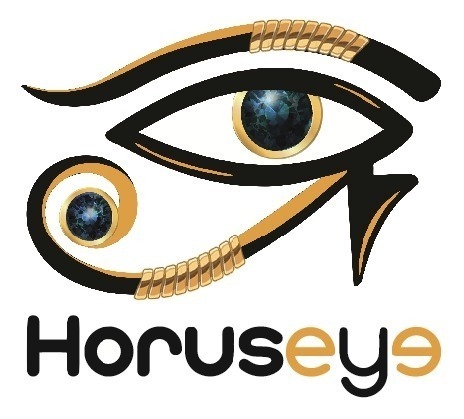|
Getting your Trinity Audio player ready...
|
Story of Sara and Generalized Anxiety Disorder (GAD)
Meet Sarah, a young woman navigating life with Generalized Anxiety Disorder (GAD). Her day begins with the relentless chatter of worry echoing in her mind. As she sips her morning coffee, thoughts about work deadlines and potential social interactions swirl, causing a tightening in her chest. The commute to the office becomes a battleground of anxious scenarios playing out in her head.
At work, Sarah constantly checks and rechecks her tasks, seeking reassurance that everything is in order. The fear of making mistakes haunts her interactions with colleagues, making even casual conversations a source of stress. Lunchtime brings a struggle to relax, as her mind races through what-ifs and worst-case scenarios.
In the afternoon, muscle tension builds as the weight of responsibilities intensifies. The anticipation of the workday’s end is met with a mix of relief and apprehension about the next day. Social invitations after work trigger a wave of anxiety, and the internal debate on attending becomes emotionally draining.
Returning home, Sarah battles fatigue from the day’s mental gymnastics. Sleep, however, becomes another challenge as anxious thoughts persist into the night. The cycle repeats, making each day a courageous journey through the maze of generalized anxiety. Yet, amidst the challenges, Sarah seeks support, incorporating coping strategies and therapy into her routine, determined to reclaim moments of calm and joy in her life.
What is Generalized Anxiety Disorder GAD
A Persons with a generalized anxiety disorder (GAD) often feel worried and anxious. These feelings are not confined to a specific time or situation but occur throughout the day. Generalized anxiety disorder can be an intense emotional state, which interrupts a person’s day-to-day activities. It affects both women and men, without any age predilection. It is difficult to diagnose this disorder, which is often confused with other mental conditions. by Dr. Liji Thomas`
Research of Hypnosis in treating depression
Hypnosis shows promise in treating depression, addressing various symptoms and modifying patterns contributing to depressive thinking. Michael Yapko’s integrated approach combines strategic, cognitive-behavioral, and hypnotic methods. Limited research on hypnosis in psychiatric disorders, including depression, has been acknowledged. A meta-analysis suggests that, on average, patients receiving cognitive-behavioral therapy (CBT) with adjunctive hypnosis fare better than those without. However, only a fraction of studies in the analysis focused on psychiatric concerns, raising questions about the broader applicability of hypnosis in emotional disorders. Despite this, studies like Nancy Schoenberg’s exploration of public speaking anxiety have integrated cognitive-behavioral elements. While recognizing the potential of hypnosis, further research is essential to fully appreciate its impact on psychotherapeutic outcomes in emotional disorders.
Source: National Institute of Health


